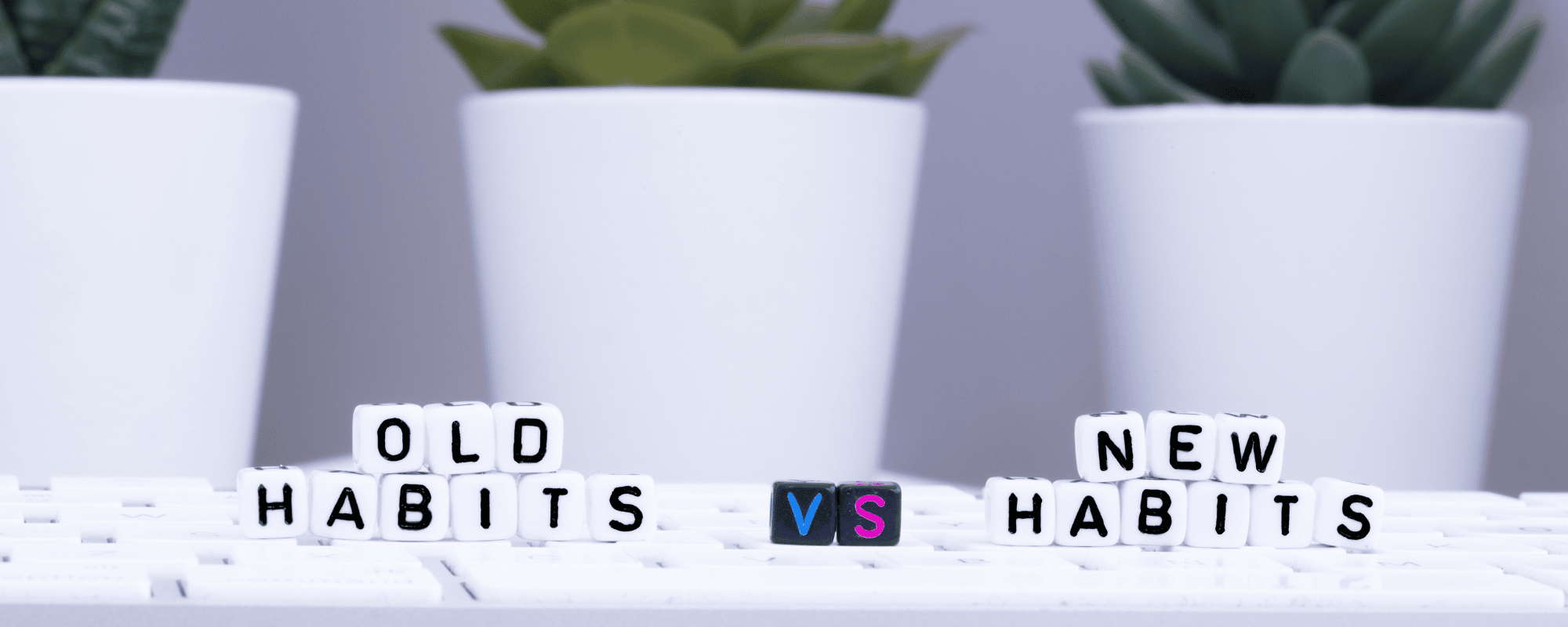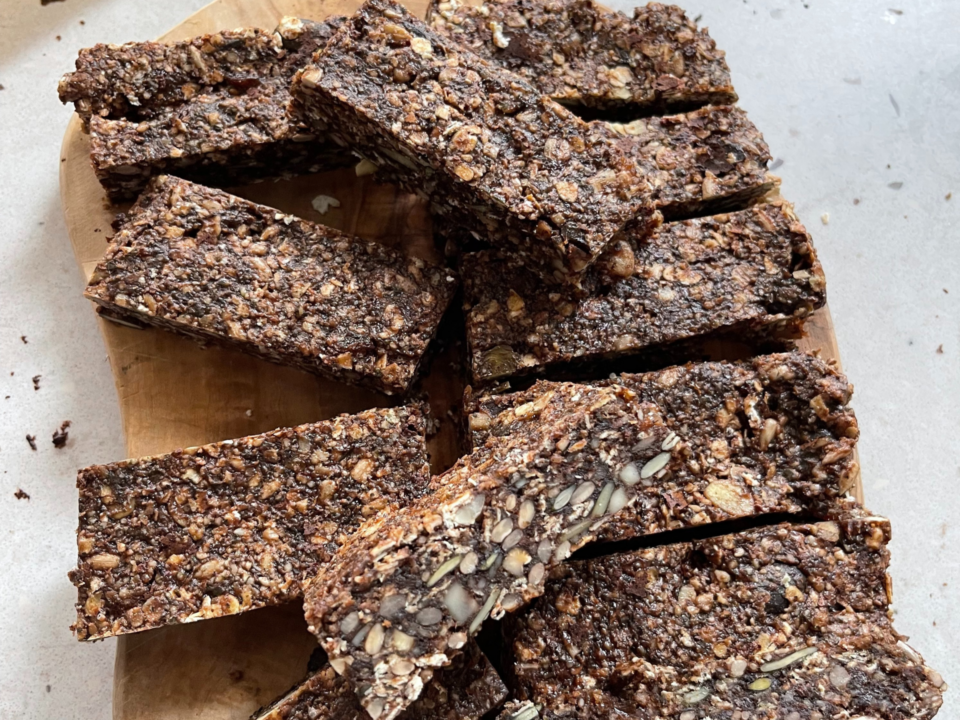How To Reset This New Year
What Are The Core Values of daveynutrition?
At daveynutrition, our leading values are evidence, practical and fun.
Evidence – Nutrition guidance & strategies are only built on a solid foundation of scientific evidence.
Practical – it must be achievable and be something you can do everyday.
Fun – It must be enjoyable or it won’t be sustainable.

The Link Between Values and ‘Resetting’
With the start of a new year comes a great opportunity to celebrate another year lived and a fresh start for the next 12 months that lie ahead. There is something a little bit nostalgic and emotional about the end of a year. We look back on what has changed over the year, what has stayed the same, goals we achieved and goals we didn’t. We think about loved ones lost and appreciate new friendships and connections over the past 12 months.
It can be quite easy to get lost in the routines of everyday life and forget that our everyday behaviours actually shape our health. That’s why now is a good time to take stock of where you are right now and where you are heading.
The most common causes of death are often preventable with the correct lifestyle and dietary practices – heart disease, diabetes, chronic respiratory diseases, stroke and many cancers (WHO, 2017). One behaviour such as eating a nourishing, nutritious meal or going for a walk today will not add years to our life or promise to protect against disease, but our day to day behaviours will accumulate over the course of the week, month, year and lifetime.
To achieve meaningful health outcomes and behaviour change, we should consider repeated performance of those behaviours over a prolonged period. Similarly, we should consider the more unhelpful behaviours which may include drinking a glass of wine after work or skipping the gym to stay late at work. This behaviour will not lead to detrimental consequences if carried out once or even occasionally, however, if the behaviour is carried out regularly over a prolonged period, the consequences accumulate and the effects will reveal themselves.
Are your current behaviours supporting your desired health outcomes? Or could they be having an accumulative negative effect on your health?

Living By Your Values
Values are things that we live by. They are internalised, cognitive structures that guide our choices. They may be passed onto us by our parents, family, community and social groups. They guide our decisions and give us a sense of what is right and wrong, and what our priorities and meaning are.
When we are aware and honest about what our values are, it can help us understand our behaviours and make better decisions in daily life. This can give us clarity to behave in such a way that supports them. When our behaviour is not in line with our values, it can lead to mistrust in ourselves, diminishing our self confidence and may even have a knock on effect on our motivation to engage in health promoting behaviours.

January Motivation
January often brings heightened motivation. You will hear people talking about “starting fresh” in the new year and New Years resolutions. While people may be able, willing and motivated to initiate a change in behaviour in the new year, oftentimes, they will not maintain it over time and before long, will have fallen back into old patterns of behaviour. Motivation can’t always be sustained, life is constantly changing and other things will be prioritised. The new behaviour will seem less important and maybe even not worthwhile or boring and so it is forgotten about and we resort back to our old ways.

Getting Into The Habit
We may be aware of our values, for example, you value your health and you have recognised that you feel better when you eat a well balanced diet. However motivation to go food shopping, make meals and cook may slip from time to time. This is why it can be more useful to incorporate these behaviours into your daily habits, rather than relying on motivation to guide you.
Habit formation can play a useful role in successful behaviour change. A strong habit tends to dominate over motivational intentions. Habits are cue-dependent. In psychology, a habit is a process where exposure to a certain cue will automatically trigger an impulse to act. This is said to be because of a learned association between the cue and the action (Gardner, 2015).
For example, you may build the habit of writing a shopping list after dinner on a Sunday.
Make food shopping a part of your routine on a Monday and develop the habit of preparing dinner after work in the evenings.
To learn more about habit formation and the science behind them, I strongly recommend listening to this podcast: Charles Duhigg on the Power of Habit Or reading this book: The Power of Habit: Why we do what we do in life and business by Charles Duhigg

Who Is The Type of Person You Want To Become?
Have you set yourself a goal for 2024? Goals are relatively easy to set, but are you being strategic with your goals?
Before setting out on your journey, a goal should be well thought through and inline with your values. When we set ourselves a goal and don’t have a clear plan, understand why or how we will achieve it, it’s likely we won’t achieve it or even make any progress towards it.
Is your goal SMART? Specific, Measurable, Achievable, Realistic and Timely?
Does the journey of achieving your goal support you in becoming the type of person you want to be and living life how you want to? For example, if you value your health, are your goals in line with living a healthy lifestyle?
Our article on Determining Your Nutrition Goal will help you to develop your health and performance goals for 2024.
How do you intend to show up this year? Not just at the beginning of the year. Setting intentions can be more actionable, particularly in our everyday lives when motivation inevitably slumps.
For example if health, strength and fitness, self-care and connection are values, intentions could be:
Health
I intend to support my health and fitness goals by setting time aside each week to do my food shopping and prepare nourishing meals.
Strength and fitness
I intend to improve my strength and fitness by going to the gym after work with my friend.
Self-care
I intend to improve my energy and feel better throughout the days by going to bed at a consistent time each night.
Connection
I intend to improve my friendships by scheduling time to meet my friends each week.
What are your values and how do you intend to live in line with them?

How To Reset This Year – In Summary
Just because it’s the start of the year does not mean you have to become a new person, change all of your old habits and be the most perfect version of yourself. Don’t get lost in the noise of the motivational Instagram posts. I encourage you to get to know and understand your values, then identify what behaviours will help you to live in line with those values. You are fine just how you are, but if you do want to invest in your future self, your health and longevity, it is important to be aware of the accumulative effect of your behaviours.
A reset can simply be about taking stock of your current situation, behaviours and being honest with yourself about where you are and where your behaviours are bringing you. And more importantly, a reset does not have to be saved for January. You will go against your values and not be intentional in your behaviours at times throughout the year. No one is perfect, but writing down your values and intentions to come back to throughout the year will help you to reset again and again, not just in January.
It requires awareness, honesty and discipline, but you will thank yourself when you reflect back on another lap around the sun in January 2025 and see the positive impacts of your intentional behaviours.
How Can We Help?
If you would like further support with your nutrition, our team of experienced Nutritionists would be happy to help you achieve your goals. You can book a one-to-one consultation here daveynutrition Clinic – or email expertsupport@daveynutrition.com.
References:
Gardner, B. (2015). A review and analysis of the use of “habit” in understanding, predicting and influencing health-related behavior. Health Psychology Review, 9(3), 277–295.
World Health Organization. (2017). Global health observatory data. Geneva, Switzerland: World Health Organization.








